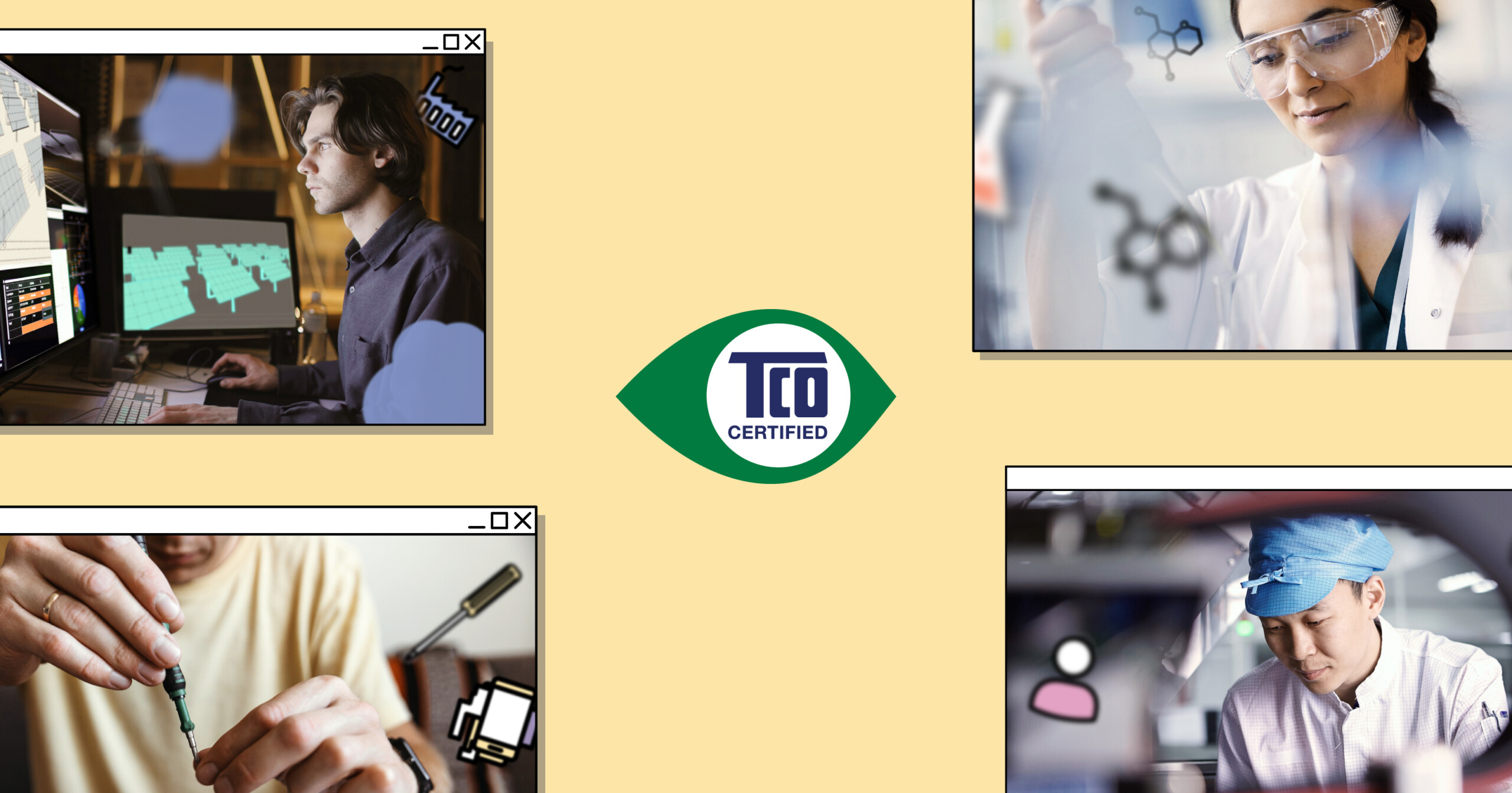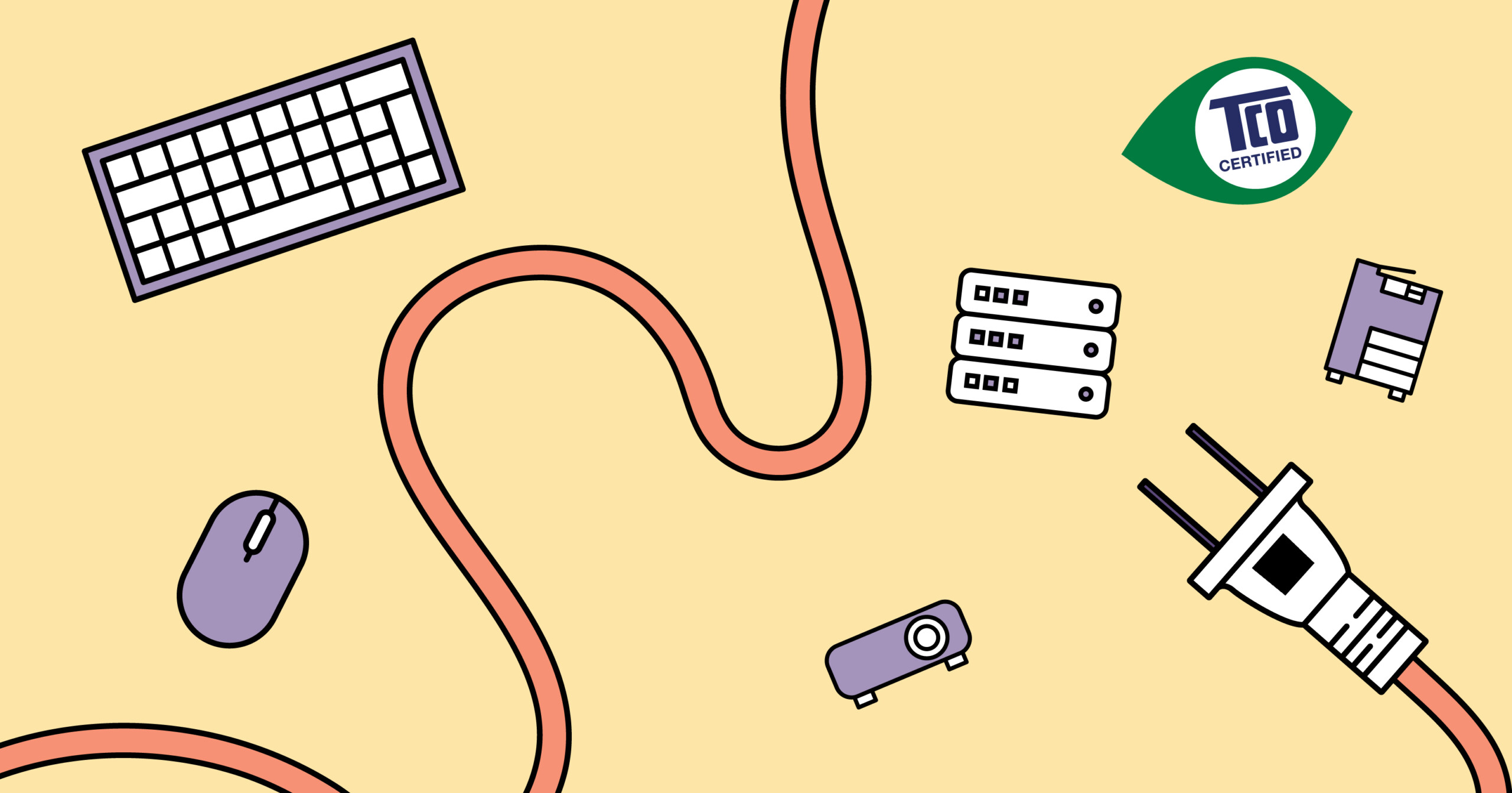This is an old press release and the information may be outdated
A proposed chemical tax on electronics misses the mark on the environment, by instead focusing on revenue generation. In a budget draft this week, the Swedish government proposed the tax in an attempt to reduce everyday exposure to hazardous flame retardants commonly found in computers, TVs and other devices. However, the measure is only aimed at substances whose negative effects are already known. The real challenge lies in targeting untested substitutes that can pose even greater health and environmental risk.
While similar tax programs exist in other parts of the world, (for example California and Washington state in the US), the Swedish proposal represents a first within the EU and has gained attention from legislators and industry experts alike.
TCO Development, the Organization behind the TCO Certified sustainability certification for IT products, believes a more progressive approach to hazards reduction is needed. CEO Sören Enholm comments: “As the draft legislation looks now, it wouldn’t be effective in reducing toxicity in electronics. It would penalize the use of substances that have been tested and identified as safer alternatives, while giving untested, and potentially more dangerous substitutes a free pass”
The underlying problem is a significant lack of data in two areas:
- what chemical substances a product actually contains, and
- what risk those substances represent for human health and the environment.
A chemical tax on electronics should support information gathering
A chemical tax on electronics should therefore support information gathering in these two areas. “The Priority should be on incentives aimed at eliminating the most hazardous substances from electronics and replacing them with safer alternatives” continues Enholm. “The current proposal focuses more on revenue generation than real environmental outcomes.”
TCO Certified includes new criteria aimed at addressing the use of chemicals in electronics. Manufacturers are required to replace the most hazardous flame retardant substances with alternatives that have been independently assessed and identified as safer. In this way, known toxics are phased out and their replacements are regulated.
TCO Development’s Enholm concludes “The kind of substitution we work with in TCO Certified promotes progress in a complex issue and shows greater potential to reduce our exposure to toxic substances moving forward.”
Together toward sustainable IT
TCO Certified is the global sustainability certification for IT products, empowering both IT buyers and brands to make more responsible choices. Our comprehensive criteria are designed to drive social and environmental responsibility and are updated continuously to push sustainability where it matters most. Compliance with all criteria is always independently verified for every product. Our Roadmap for Sustainable IT is the long-term plan for addressing issues in four key areas: climate, substances, circularity and supply chain. By using TCO Certified, you join a global movement for sustainable IT.
Contact
Dennis Svärd, Global PR Manager
dennis.svard@tcodevelopment.com
Mobile: +46 (0) 704 804 094



